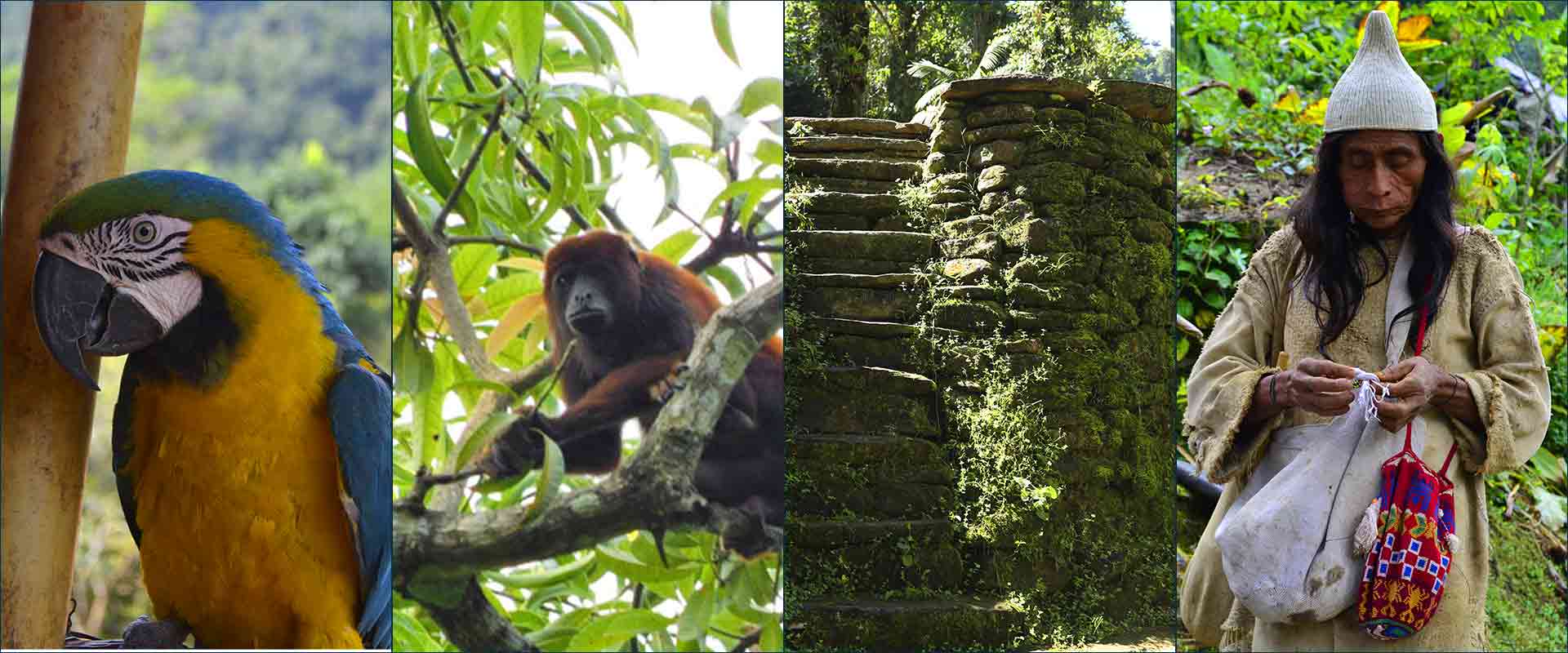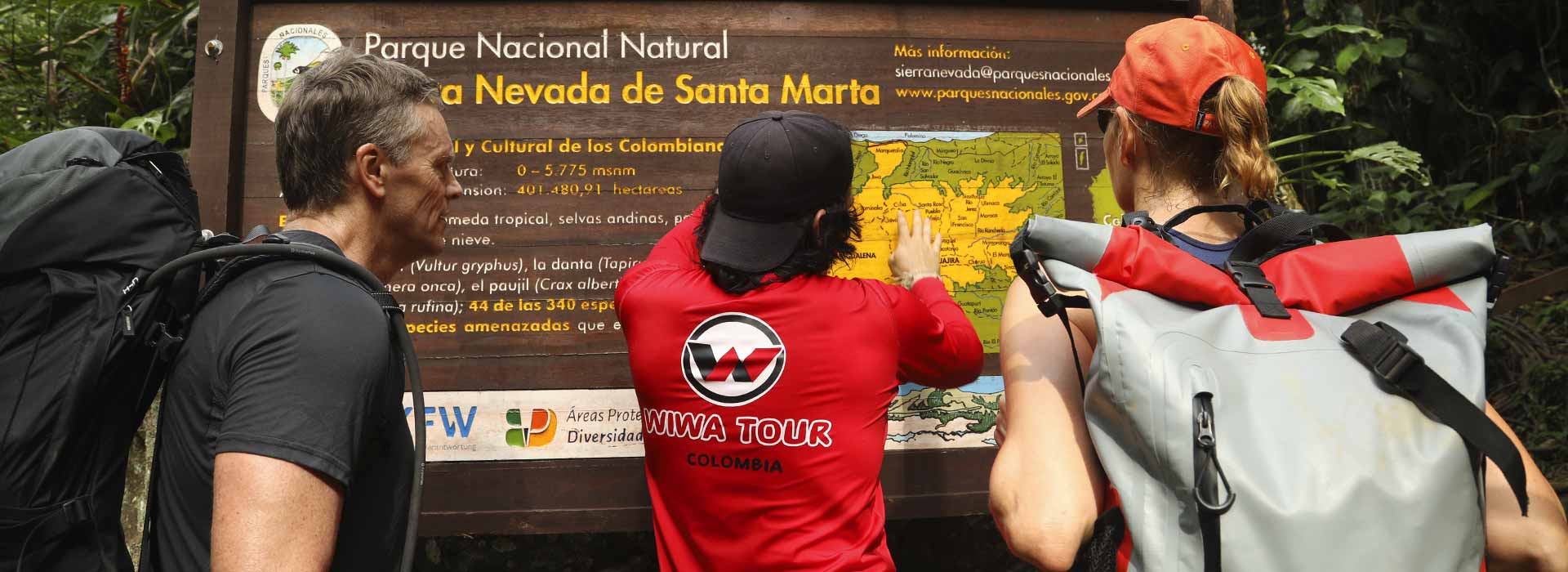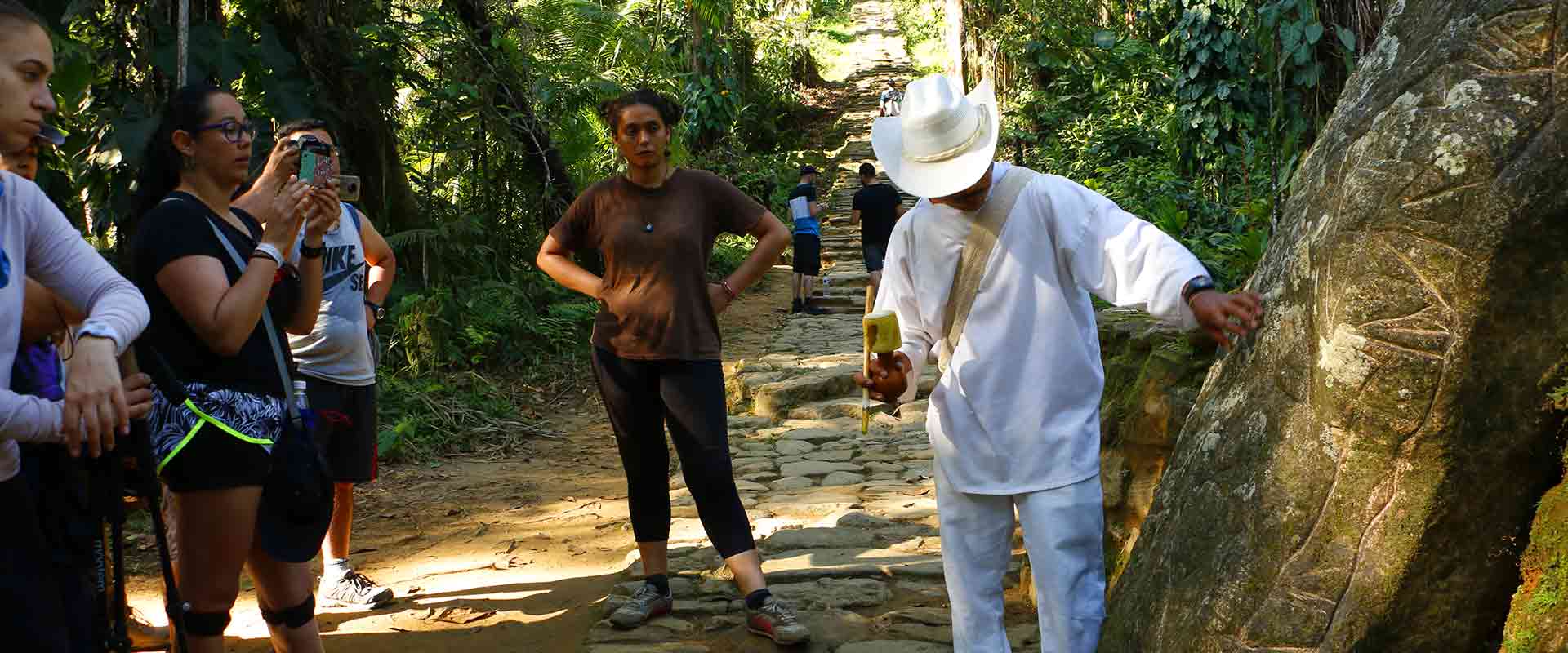Staff receive regular training related to their role in managing environmental and sociocultural practices.
The agency complies with all relevant international or local laws and regulations.
Customer satisfaction is measured and corrective action is taken when appropriate.
Promotional materials are accurate and complete and do not promise more than the company can deliver.
It uses locally appropriate principles of sustainable construction.
The agency actively supports initiatives for infrastructure and social community development.
Where possible, the agency purchases local and fair trade goods and services.
The agency is fair in hiring indigenous and local minorities, including for managerial positions, while restricting child labor.
The agency offers facilities to small local entrepreneurs to develop and sell their sustainable products, based on the nature, history and culture of the area (which includes food and beverages, handicrafts, arts, agricultural products, etc.).
The agency has established a long-term sustainability management system that is adapted to its reality and scale, and that considers environmental, socio-cultural, quality, health and safety issues.
The Wiwa Tour agency follows established guidelines or the code of behavior for visits to sites that are culturally or historically sensitive, in order to minimize the impact caused by visitors and maximize their enjoyment.
The agency contributes to the protection of local properties and sites that are historically, archaeologically, culturally or spiritually important, and does not prevent local residents from accessing them.
The business uses elements of local art, architecture or cultural heritage in its operations, design, décor, food or shops while respecting the intellectual property rights of local communities.
The company helps support biodiversity conservation, which includes supporting protected natural areas and areas that have high biodiversity value.
Clients are provided with information and interpretation about natural surroundings, local culture and cultural heritage, as well as explaining proper behavior while visiting natural areas, living cultures, and cultural heritage sites.




